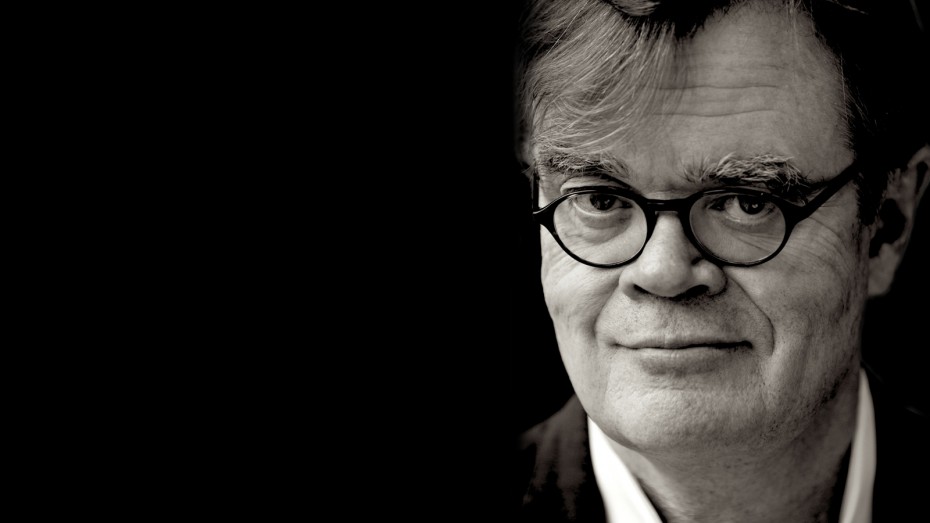The news from Lake Wobegon has ended, as Garrison Keillor aired the final episode of “A Prairie Home Companion” after 42 seasons.
From The New York Times:
The segment of the show that promised a bit of stronger emotional drama was Mr. Keillor’s final monologue, his concluding “News from Lake Wobegon.” And it delivered, in its way, by not trying too hard to deliver. It was, to borrow words the former New York Times critic Anatole Broyard once used to describe a middling Philip Roth novel, “reasonably funny, reasonably sad, reasonably interesting.”
If that sounds dismissive, it’s not meant to be. Mr. Keillor has always worn his storytelling gifts casually. Here, he seemed to take a page from “Pontoon” (2007), one of his Lake Wobegon novels, in which he wrote, “You get old and you realize there are no answers, just stories.”
Mr. Keillor liked to say that his fictional town’s name, Wobegon, comes from an also fictional Indian word that means “the place where we waited all day in the rain [for you].” His final monologue was 17 minutes long and opened with a hymn to rain. About sunny days, he asked, “How many do we deserve?” As a boy, he said, sunny days meant ruined days. He’d have to go dig potatoes or play softball, for which he had no talent. How much more blissful to be indoors with an adventure novel.
Jacob Lupfer, for Religion News Service, wrote a reflection on the show’s ending, looking at Keillor’s own religious grounding (he “was reared in Plymouth Brethren churches but attended Protestant mainline churches most of his life”) and how church – and even liturgy – influenced the show:
Best-known for his comedic portrayals of Lutheranism in his native Minnesota, Keillor had a deep understanding of the entire American Christian landscape, from literal-Bible fundamentalism to Dutch Calvinism.
His show, which broadcast mostly from the Fitzgerald Theater in St. Paul, is surely the most widely known portrayal of Lutheran cultural strength in the Upper Midwest.
It was one of the only programs to air on NPR member stations in which listeners could hear hymns. Keillor and his musical guests sang hymns throughout the year, often in keeping with the liturgical calendar.
The people populating Keillor’s fictitious town raise questions of identity and ecumenism:
The Catholics in Lake Wobegon worship with Father Emil and some dedicated German nuns. The Norwegians are Lutheran. The townsfolk seem very much alike, in spite of their different confessional and national heritages. Yet they imagine themselves quite different from one another.
Religious difference in Lake Wobegon serves as a microcosm for Keillor to opine on a great question for Christians and for all Americans: How different are we, really?
And while Keillor avoided mixing the religious and the political on his show, one highlight of the last episode was a phone call from the President of the United States:
A stalwart liberal, Keillor generally resisted the temptation to intertwine religion and politics, both on the show and in his own life. But when religious conservatives dismayed by the leftward tilt of the mainline denominations wonder what makes those pew dwellers tick, Keillor embodies the answer.
He is the consummate churchman of his place and time, a synthesis of his evangelical childhood, his fondness for sacred music and his progressive politics. Even the uneasy tension between Keillor’s traditionalism and his tolerance resonates with generations of liberal Protestants.
It is fitting, then, that President Obama, a fellow traveler of Keillor’s liberal Christianity, called in to the final show.
“One of the reasons I miss driving is that you kept me company,” Obama told Keillor. “’A Prairie Home Companion’ made me feel better and more human.”

